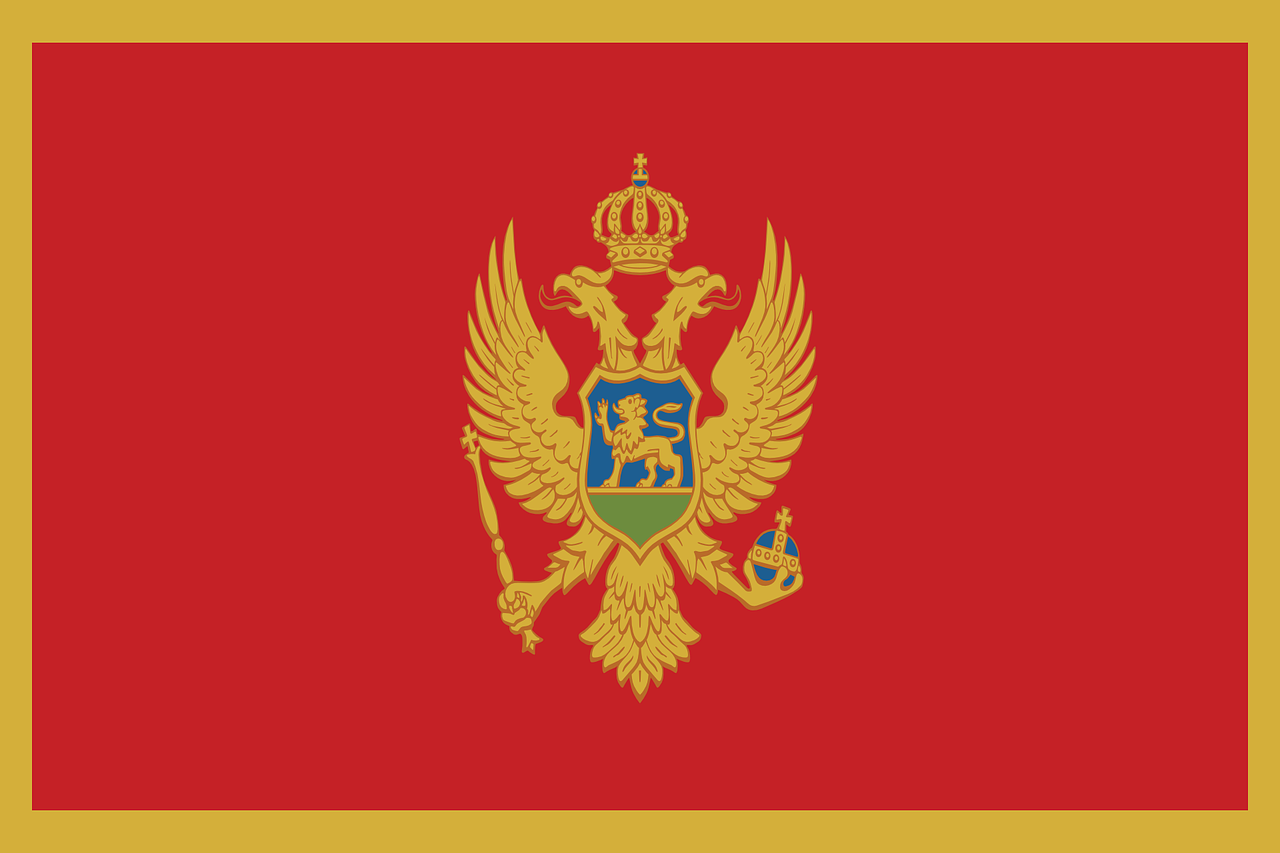By Samir Kajosevic, 4 November 2022

Flag of Montenegro (photo credit: OpenClipart-Vectors via pixabay)
Montenegrin civic organizations [have] criticized the adoption of a new law on the president’s power, accusing parliament of violating the constitution.
On November 1, parliament adopted the law by a narrow majority of 41 votes in the 81-seat parliament, also opening the way for electing a new government.
Under the new law, the president is obliged to propose a prime minister-designate if the candidate has the support of 41 MPs in parliament. If there is not such a majority, the president has to organize a second round of consultations with political parties and propose another candidate.
The law enables a majority of MPs to sign a petition and so propose a prime minister-designate if the president refuses to propose a candidate.
According to the Constitution, the president has to organize consultations with parliamentary parties and propose a PM designate with the signed support of at least 41 MPs within 30 days.
The prominent watchdog MANS said the adopted law is against the Constitution. [...] NGOs Centre for Democratic Transition, CDT, and Centre for Civic Education, CGO, also criticized the decision, saying it undermines the president’s constitutional authority. [...] On September 20, President Milo Djukanovic proposed a snap election after refusing to confirm the three ruling political blocs’ candidate, Miodrag Lekic, for prime minister. Djukanovic refused to confirm his candidature because it wasn’t signed by 41 MPs within a 30-day period.
On November 1, the outgoing Prime Minister Dritan Abazovic accused Djukanovic of misusing his constitutional rights and blocking political dialogue.
Read the full article here:
Balkan Insight
